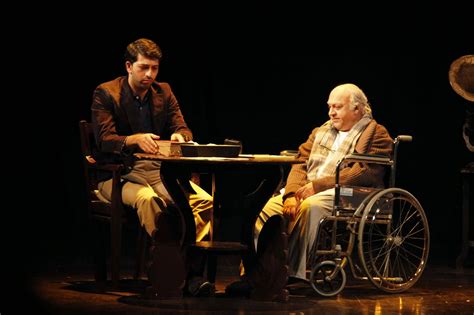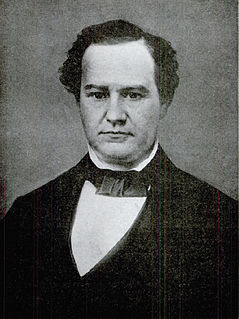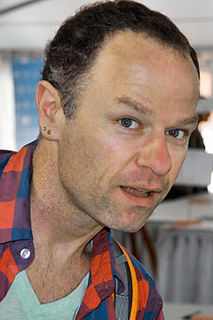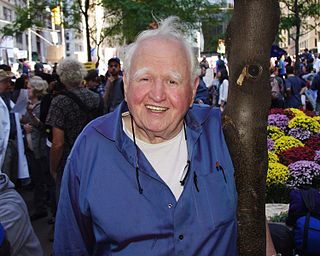A Quote by Morrie Schwartz
When you look at it that way, you can see how absurd it is that we individualize ourselves with our fences and hoarded possessions.
Related Quotes
Look at our culture. Look at the computer-enhanced people we compare ourselves to. Look at the expensive cars and trinkets we're all supposed to have. Look at how many people are wrapped up in that! Imagine how much money and worry we'd save ourselves if we stopped caring what kind of car we drove! and why do we care? perfection. But there is no such thing, is there? And if there is, then everyone is perfect in their own way, right?
A stranger can see in an instant something in you that you might spend years learning about yourself. How awful we all are when we look at ourselves under a light, finally seeing our reflections. How little we know about ourselves. How much forgiveness it must take to love a person, to choose not to see their flaws, or to see those flaws and love the person anyway. If you never forgive you’ll always be alone.
How do we define, how do we describe, how do we explain and/or understand ourselves? What sort of creatures do we take ourselves to be? What are we? Who are we? Why are we? How do we come to be what or who we are or take ourselves to be? How do we give an account of ourselves? How do we account for ourselves, our actions, interactions, transactions (praxis), our biologic processes? Our specific human existence?
No matter how many possessions we acquire, they will not provide us with any lasting happiness and freedom. On the contrary, it is often our pursuit of material possessions that causes our problems. If we want ultimate happiness and freedom from suffering, we must engage in the supreme practices of training the mind. There is no other way.
Human beings are complicated and flawed and unique, but we all have a story to tell. Gone are the days where our lead characters can only look like somebody else. Heroes look like all of us. We see ourselves in each others' stories. We see who we are. We see who we want to be. Sometimes we see who we don't want to be. And through that we have a greater understanding of ourselves and acceptance of each other.
Material possessions, in themselves, are good. We would not survive for long without money, clothing and shelter. We must eat in order to stay alive. Yet if we are greedy, if we refuse to share what we have with the hungry and the poor, then we make our possessions into a false god. How many voices in our materialist society tell us that happiness is to be found by acquiring as many possessions and luxuries as we can! But this is to make possessions into a false god. Instead of bringing life, they bring death.
Our attitude determines how we evaluate our life's experiences. They determine how we evaluate ourselves. They also govern how we look at other people. Are we inclined to judge an eternal soul by the appearance of an earthly body? Do we see the beautiful soul of a brother or sister or do we only see that person's earthly tabernacle? Bodies can be distorted by handicap, twisted by injury or worn by age. But if we can learn to see the inner man and woman, we will be seeing as God sees and loving as He loves.
What we see in the outer is but a reflection of the inner, because we surround ourselves with a picture of our own beliefs. In other words, we manifest in general what we seriously think and believe. So if we want to find out what our habitual thinking is like, we have but to look around us and ask ourselves what we really see.



































